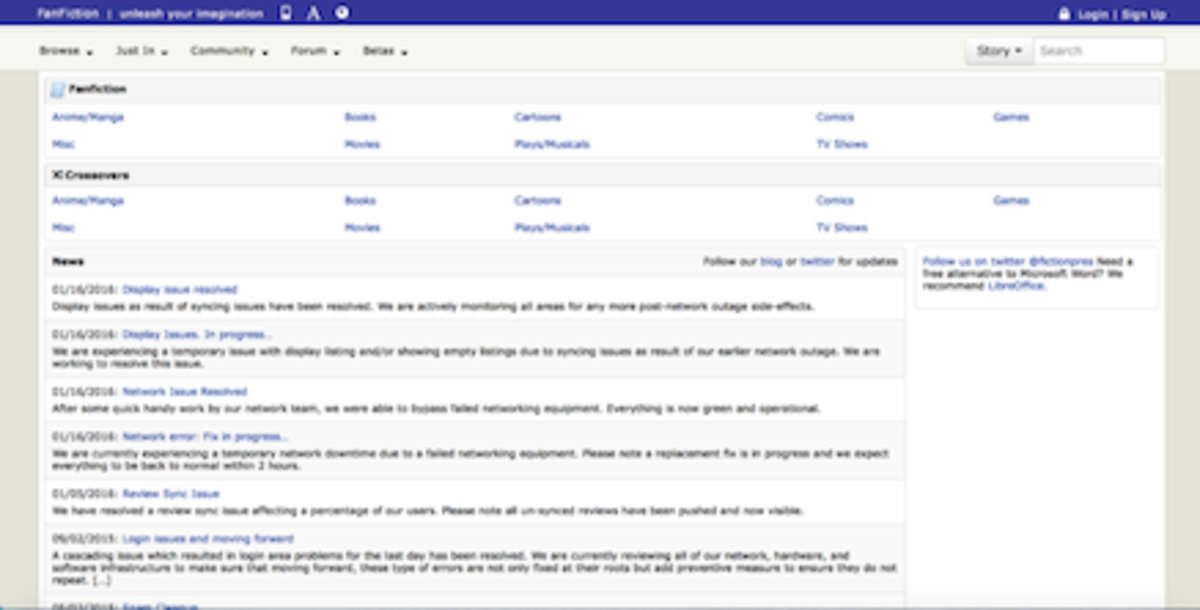'Dark Money' Explores Funds That Undercut Voice Of U.S. Voters

If you can only read one political theory book before November, read Dark Money: The Hidden History of the Billionaires Behind the Rise of the Radical by Jane Mayer. This well-researched and heavily footnoted book, uncovers how a handful of the uber-rich are investing huge sums to buy political influence.
As Mayer demonstrates, this moneyed class is winning in the battle of ideas and intentionally usurping the will of Americans -- not out of some sense of patriotic behavior -- but rather for the oldest of American vices -- greed.
Mayer tracks down a handful of billionaires behind the dark money. These men (yes it is mostly men) are using various tools, like philanthropic groups, think tanks, political action committees, and highly-orchestrated 'grassroots' movements -- known as Astroturf in the industry (like the Tea Party) -- to clutter the conversation with information that benefits their bottom line.
Dark Money
Dark money is a term used to describe political donations that cannot be easily traced back to the original donor. This became a significant mode of influence following the landmark Supreme Court decision -- Citizens United.
This decision, in a boiled down sense, was built on two ideas: corporations are citizens and money is a form of free speech. The decision, which basically overthrew nearly a century of precedent, determined their was no legal reason to curtail the amount of money a corporation could spend on an election.
The decision opened the floodgates of anonymous donations. The money first flooded the political arena in 2010 helping the GOP -- through REDMAP -- capture and then gerrymander several swing states in the country.
Increasing larger sums of money were spent in 2012 and in 2014.
But the book itself, although it discusses REDMAP and other questionable GOP tactics, centers on the political influence of David and Charles Koch. This pair of eccentric men have coupled their inherited wealth with their John Birch Society beliefs and pushed the country far to the right. Although they, like many of the wealthy in the country, openly spend millions annually lobbying Congress, that is just a fraction of their political spending. In 2012, they spent, through a donor network, more than $400 million on elections and are projected to spend $889 million in the 2016 election, Mayer reports.
The Book
Mayer, an acclaimed reporter and author, set out on the arduous task of finding the source of the millions of dollars that have shaped American elections since the Supreme Court ruling. The book is organized in a very logical manner. It begins and ends with the Koch brothers. But the strength of the book is it shines a light on the 'below-the-radar' institutions that are controlling and dictating our national conversation.
Before I became a political junkie, I presumed the issues that appeared in the news or on my Facebook Wall, were the result of life. In other words, an issue arose because of a common experience and people discussed the issue to its natural conclusion. But once I started following political news, I came to understand that organizations, and especially think tanks, are used to push out policies and ideas. These groups are becoming more partisan and are increasingly used to promote the self-serving interests of their benefactors.
And in Dark Money, Mayer documents how the Koch Brothers funnel money into these organizations -- money used ultimately to promote the Koch Brothers libertarian views. And what is most alarming is how a handful of wealthy individuals are dictating what the country discusses.
One example the author uses is global warming.
Scientists have proven that it is an issue, and as the author points out, in the 1990s many leading Republicans were in favor of increased regulation or enforcing existing regulations. Either approach, though, would be detrimental to the bottom line of the Koch Brothers who, at the time, were heavily invested in refinery companies. But, once the brother began investing funds into changing public opinion on global warming, they succeeded in altering the public's perception of the problem and the call for increased regulations fell away.
Theory Versus Fact
The Koch Brothers and their network embarked on a money-spending campaign to cast doubts on the scientific community's findings. They began funding specific studies with partisan think tanks, and just as importantly around the same time, political donations from the oil and gas industry began shifting to the GOP.
Mayer reports that in 1990, it was about a 60/40 split with the GOP receiving the higher amount, but by the middle of the George W. Bush presidency 80 percent of the political donations from the oil and gas industry was heading to the GOP. The coal industry was even more skewed with the GOP receiving 90 percent of their political donations.
The goal was very self-serving -- reduce or eliminate EPA-type regulations.
But as Mayer points out changing the public's perception about global warming was no easy feat because as late as 2003, 75 percent of the GOP supported strict environmental regulations. But the Koch Brothers and their donor network were up to the task and they hired Frank Luntz to head up the opposition. Quoting a memo from Luntz the author reports,
"The key, he (Luntz) went on, was to question the science. 'You need to continue to make the lack of scientific certainty a primary issue in the debate,' he advised. So long as 'voters believe there is no consensus about global warming within the scientific community,' he said, regulations could be forestalled.
Their campaign worked.
Between 2008 and 2010, the public's belief in global warming dropped 14 points and GOP leaders did an about face. As Mayer writes, even Mitt Romney who wrote in his 2010 book, No Apology, "I believe climate change is occurring," changed his tune after attempting to shore up Koch donations for his presidential campaign. While on the campaign trail in 2011, Romney views shifted from believing regulations were necessary to deciding global warming was just a theory.
A Very Loud Voice
What Mayer really demonstrates through her research and work is that these huge sums of money are changing public opinion and the donors are currying favors with elected officials. These donations also prevent public scrutiny. The public's ability to understand why, for instance, an 'educational' PAC would spend huge volumes of money on ads about why safety regulations for coal miners is a bad idea is clouded by the lack of transparency. Of course, when the electronic and paper trail is complete, the reason becomes much more obvious. The PAC is simply a front for coal industry leaders and investors.
Why You Should Read It
Books about American politics are notoriously dry -- and although this book does have a few dry spells -- overall it is an easy (although at 400 or so pages a kind of long) read.
Dark Money is written in a chronological order and Mayer blends stats, first person accounts, old-school reporting and historical documents to build her case which reads, in some ways, like a crime novel. She even tempers the book with some obscure facts (like some of the Koch's inherited wealth was built through contracts with Hitler and Stalin).
But mostly, the book educates American voters that much of the gridlock and partisanship in existence today is caused by a handful of people who have decided they know what the country really needs.
And they have the money to prove it.
© 2016 Charlie Claywell







![American Politics: The BIG LIE in Politics, From The Republican Presidential Convention [124] American Politics: The BIG LIE in Politics, From The Republican Presidential Convention [124]](https://images.saymedia-content.com/.image/t_share/MTc2NDYyMjI1MzEyNjU1MzIy/the-big-lie-in-politics-from-the-conservative-side.jpg)
